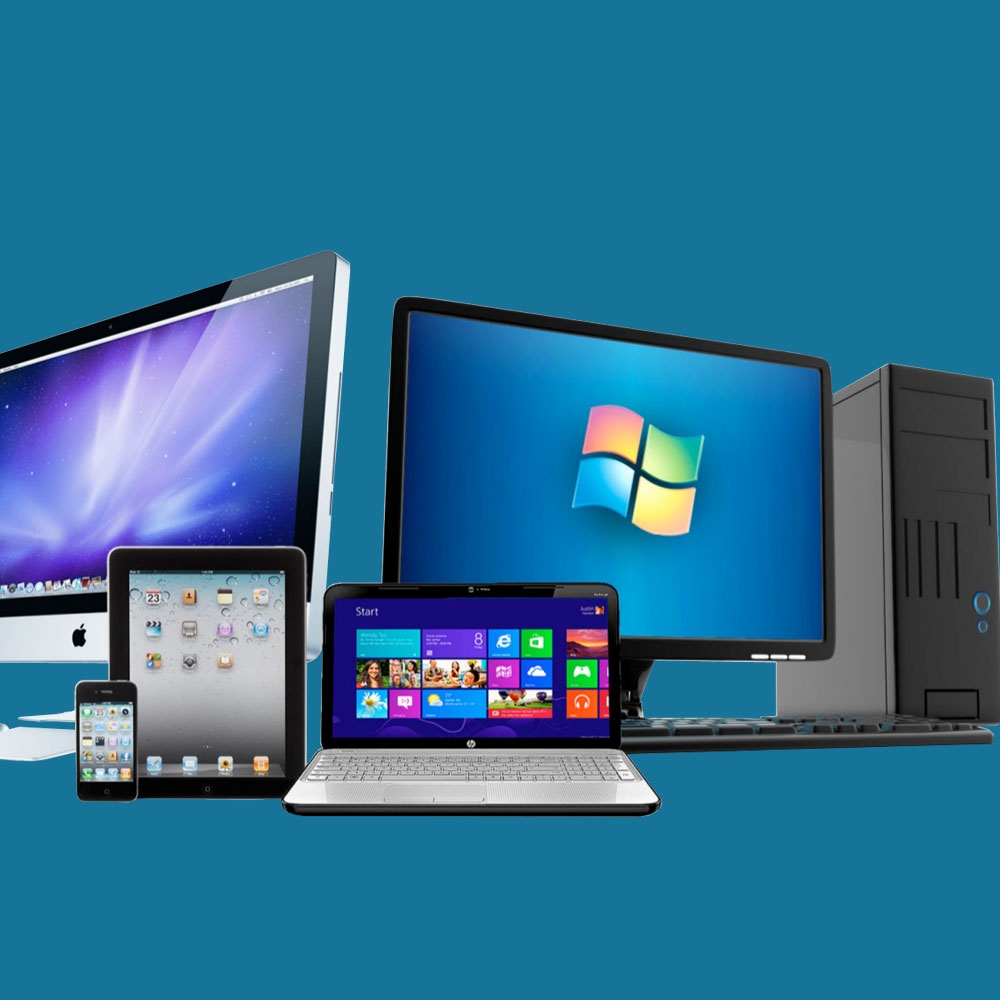
Desktop Repairing
Desktop Repairing involves fixing issues and malfunctions that prevent a desktop computer from functioning properly. Some common problems that require repair include:
- Hard drive failure: Replacing or repairing the hard drive can resolve this issue.
- Memory (RAM) problems: Upgrading or replacing the RAM can resolve this issue.
- Power supply issues: Replacing the power supply can resolve this issue.
- Motherboard problems: Replacing or repairing the motherboard can resolve this issue.
- Virus and malware: Installing anti-virus software and performing a malware removal can resolve this issue.
- Operating system problems: Reinstalling the operating system or performing a system restore can resolve this issue.
- Graphics card issues: Replacing or repairing the graphics card can resolve this issue.
- CD/DVD drive problems: Replacing the CD/DVD drive or cleaning the lens can resolve this issue.
- It’s important to diagnose the problem accurately and fix it using the appropriate methods, to ensure the longevity and
- Hard Drive Failure: A failing hard drive can cause a variety of issues, including slow performance and loss of data. Replacing or repairing the hard drive is often necessary to resolve these problems.
- RAM Problems: Issues with the computer’s random access memory (RAM) can cause freezes, crashes, and slow performance. Upgrading or replacing the RAM is the solution to these problems.
- Power Supply Issues: Power supply problems can cause a desktop computer to shut down unexpectedly or not turn on at all. Replacing the power supply is the solution to these problems.
- Motherboard Problems: Motherboard issues can cause a variety of problems, including freezes, crashes, and no power. Replacing or repairing the motherboard is the solution to these problems.
Our Recent Work




